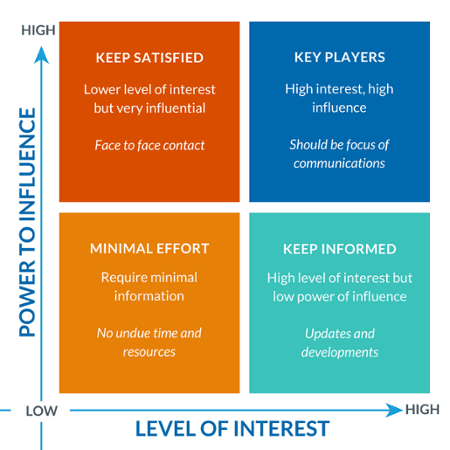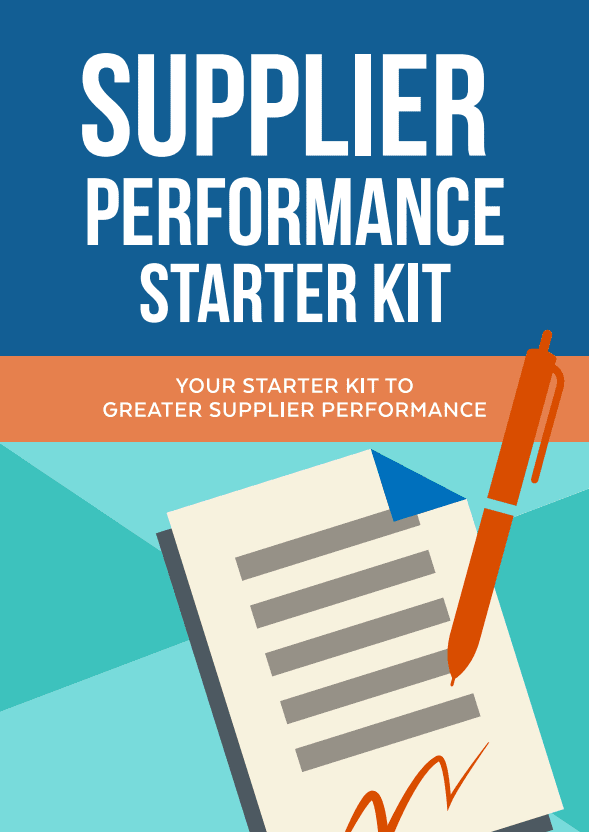How to communicate with confidence to manage your contract

Planning your stakeholder communications
Effective communication is an essential skill for Contract Managers. Communicating well is all about making sure the right people have the right information at the right time.
But how do you communicate confidently and consistently with your stakeholders to ensure the successful management of your contract and project performance? Answer the following four questions for a helpful starting point to developing your communications plan.
1. What’s in it for me?
The key to communicating with confidence is answering your audience’s burning question, “What’s in it for me?”
It can be difficult to step outside of your project. It’s natural to feel that people will be as fascinated by it as you are. The reality is that your audience is busy with their own work and operating in an environment where they are already flooded with information.
So putting the answer to this question front and centre in your communications will give your audience a reason to make the time to engage with your project and motivate them to take action, giving your project the best chance of success.
2. Who needs to know?
Start by identifying who will be affected by the change you are implementing. It could include individuals, teams, groups or whole organisations, or a combination of any of these. These are the people your communications should target.
Bear in mind that different stakeholders will have varying levels of importance based on their influence and interest. You can alter your engagement with these groups by using the stakeholder model below.

3. What information are you sharing?
Next step is to think about the information you want to share. Your contract management plan contains the details you want to communicate. It’s a good idea to distill your project into a few key points. Make sure you cover:
- who?
- what?
- when?
- why?
- how?
These key points can be used as the starting point for all your communications and provided to spokespeople who are spreading the word on your behalf. This will ensure your project information is communicated consistently to all stakeholders.
4. What are your communication tactics?
Once you understand who you are communicating with and what you want to say, it’s finally time to think about your tactics. Plan communications around when each stakeholder group needs the information and the best way to get it to them.
When planning, people often gravitate to the obvious channels like email, intranet and newsletters because it’s easy. But remember to include face to face opportunities like staff briefings, team meetings, seminars or training in your plan.
Timing is key – give your audience enough notice to act. Frequency is also important but don’t over-communicate or your audience will tune out.
It is also worthwhile to think about relevant spokespeople who can help spread your message across the business – leaders and managers, relevant champion networks, HR or IT representatives, help desks – and provide them with resources and briefing packs.







